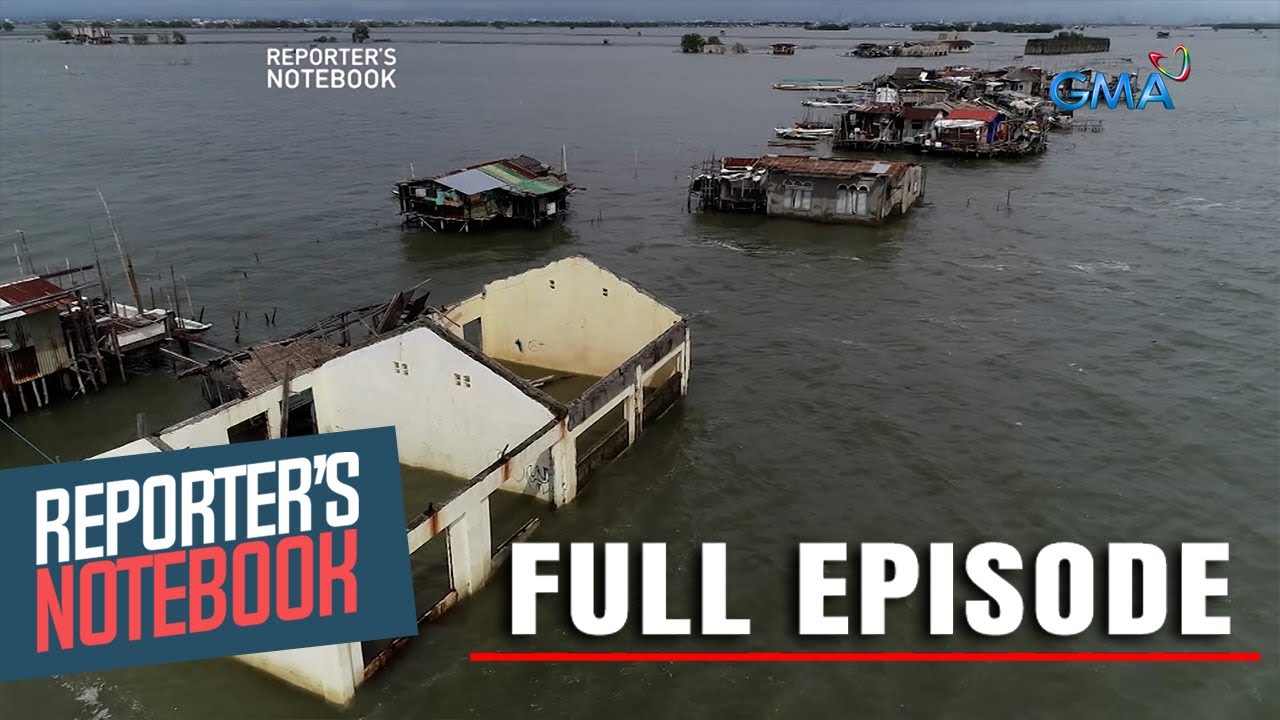Fiji struggles with relocations amid climate change crisis
Summary
TLDRThe transcript details the profound impact of climate change on a Fijian village, highlighting the emotional struggles of elders like Celosi Ramatua, who mourn their submerged homeland and lost cultural ties. As rising sea levels force displacement, villagers seek accountability from developed nations for their lost land and traditions. Climate experts emphasize the urgent need for wealthy countries to reduce emissions and support vulnerable communities in adapting to the crisis. The discussion underscores the complexities of migration due to climate change, revealing the significant human costs and the need for international cooperation to address this growing emergency.
Takeaways
- 🌊 Villagers in a remote South Pacific island have experienced devastating impacts from climate change, including rising sea levels that submerged sacred land.
- 🏝️ Buni Dogaloa village in Fiji was the first to be relocated due to climate change, highlighting the urgent need for action against rising sea levels.
- 👴 Celosi Ramatua, the former headman, emphasizes the importance of cultural ties to the land and the emotional pain of displacement.
- 🏡 Elders often return to their abandoned homes to reconnect with their past and advocate for compensation from developed nations.
- 🌏 Fiji is a significant case study as it shows the direct effects of climate change on small island nations, with urgent calls for global awareness and action.
- 🛠️ Roy Pomerantz underscores the need for developed countries to finance transitions for vulnerable populations facing displacement.
- 📉 The human cost of climate change will depend on the speed of sea-level rise and global emissions reductions.
- 🚶♂️ Without proactive measures, significant human migration is anticipated as communities are forced to relocate inland or leave their countries.
- 🌐 The challenges of climate change will intensify over time, requiring global cooperation to address its effects on developing nations.
- ⏳ Governments are often unprepared for long-term crises, emphasizing the need for immediate action to mitigate future impacts of climate change.
Q & A
What does the community on the remote island in the South Pacific value?
-The community values their land, which is considered sacred as it contains the burial sites of their chiefs.
What impact has climate change had on the Bunidogaloa village in Fiji?
-Climate change has caused rising sea levels, resulting in water flooding up to people's knees and salinizing the land, making it impossible to grow crops.
Why do the elders return to their old village?
-The elders return to reconnect with their past and their cultural roots, despite the village being abandoned.
What do the villagers want from developed nations?
-The villagers want developed nations to compensate for the damage caused to their culture and their homes due to climate change.
What challenges does Samisi Madanawa's family face regarding relocation?
-Samisi Madanawa's family weighs the costs of moving to higher ground, which requires acceptance of significant changes.
What is the predicted future of sea level rise according to Roy Pomerantz?
-Sea level rise is expected to continue, resulting in severe consequences for vulnerable populations, regardless of current emission reductions.
What role do wealthy countries have in addressing climate change effects?
-Wealthy countries are responsible for significantly reducing their greenhouse gas emissions and financing the transition for displaced populations in developing nations.
What are some potential effects of insufficient action on climate change?
-Insufficient action could lead to massive human migration, increased famine, and challenges in relocating populations from coastal areas.
How does climate change affect indigenous villages in the United States?
-Indigenous villages in the U.S., particularly in Alaska, face relocation due to rising sea levels, loss of sea ice, and melting permafrost.
What barriers do governments face in preparing for climate-related crises?
-Governments often struggle to prepare for long-term crises that may arise in 10, 20, or 30 years, hindering proactive measures.
Outlines

此内容仅限付费用户访问。 请升级后访问。
立即升级Mindmap

此内容仅限付费用户访问。 请升级后访问。
立即升级Keywords

此内容仅限付费用户访问。 请升级后访问。
立即升级Highlights

此内容仅限付费用户访问。 请升级后访问。
立即升级Transcripts

此内容仅限付费用户访问。 请升级后访问。
立即升级浏览更多相关视频

ESCRAVIDÃO AFRICANA PARA O ENEM - 01

Mga lugar sa Bulacan, unti-unting lumulubog sa tubig (Full Episode) | Reporter’s Notebook

The Things Tim O'Brien Carries | Big Think

الأمة وأحداث غـ.ـزة ✌🏼🔥🇵🇸 فضيلة الشيخ أدهم العاسمي حفظه الله @adhmasmi2

Awkwafina on Why "The Farewell" Was a Role She Had Never Seen Before

Disappearing Ice Is Threatening Native Alaskans' Way of Life | After the Ice
5.0 / 5 (0 votes)
